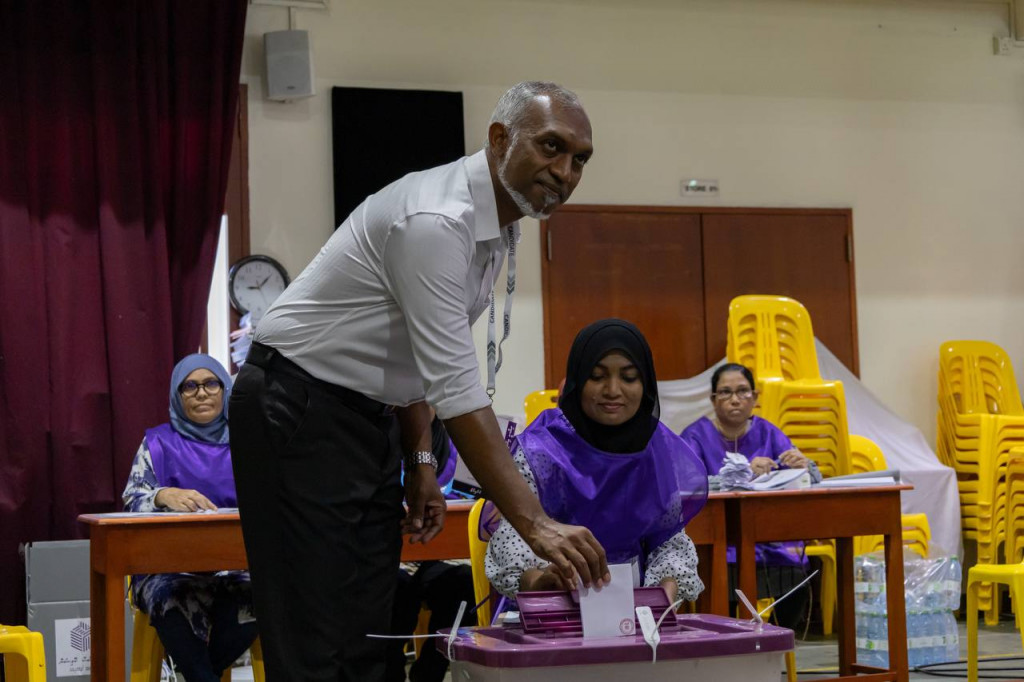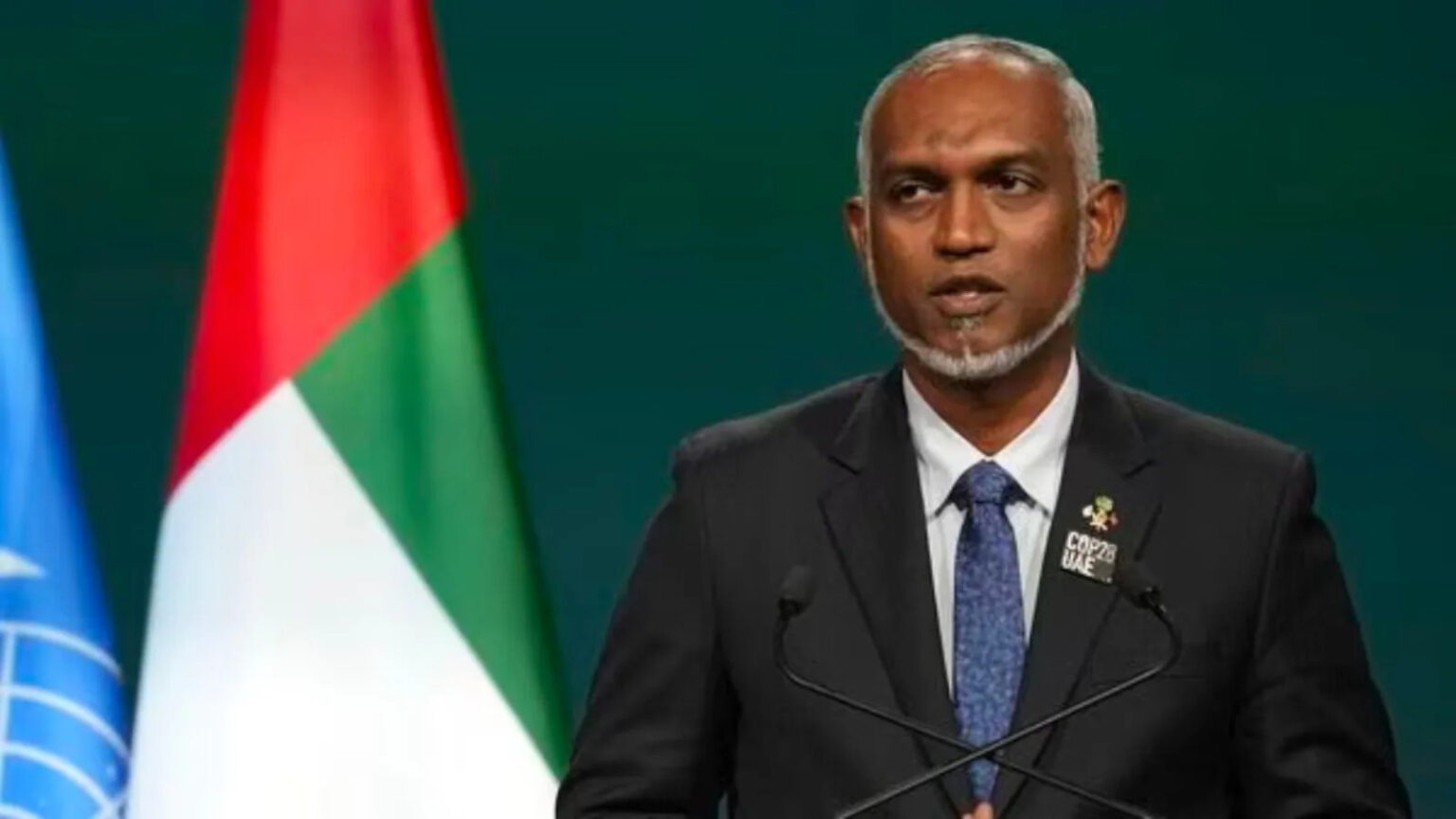India’s strategic interests are particularly at risk in light of China’s aggressive outreach to smaller countries. The People’s National Congress of President Mohamed Muizzu’s overwhelming win has ramifications for the Maldives’ foreign ties, particularly with China.
The move closer to China is consistent with Muizzu’s anti-Indian rhetoric and his administration’s efforts to strengthen economic ties with Beijing, as demonstrated by the large infrastructure contracts that are given to Chinese enterprises. Muizzu’s resounding victory gives him the political clout to further the pro-China platform he has been advocating for since winning the presidency last year.

Source: The Maldives Journal
His firm position contrasts with that of his predecessor, Ibrahim Mohamed Solih, who had a tendency to favour India. It will be more difficult for New Delhi to strengthen ties with the Maldives as a result of the poll results. When Muizzu objected to Indian forces being in the Maldives in January of this year, it was clear that Male and New Delhi were on different roads.
India has responded to these events in a way that strikes a balance between diplomatic engagement and strategic prudence. The two countries’ historical connections and close proximity have always been important, but External Affairs Minister S Jaishankar has also noted that New Delhi has taken steps to rebalance the relationship by defending its interests.
Source: NDTV
India’s understanding of the geopolitical dynamics is demonstrated by the limitations placed on the export of necessities to the Maldives. The Maldives’ economic development could be hampered by deteriorating relations with India, as the small country runs the risk of being overly dependent on China. Encouraging positive neighbourly interactions is essential to maintaining security and stability in the region.
What do you think about this? Comment below.

